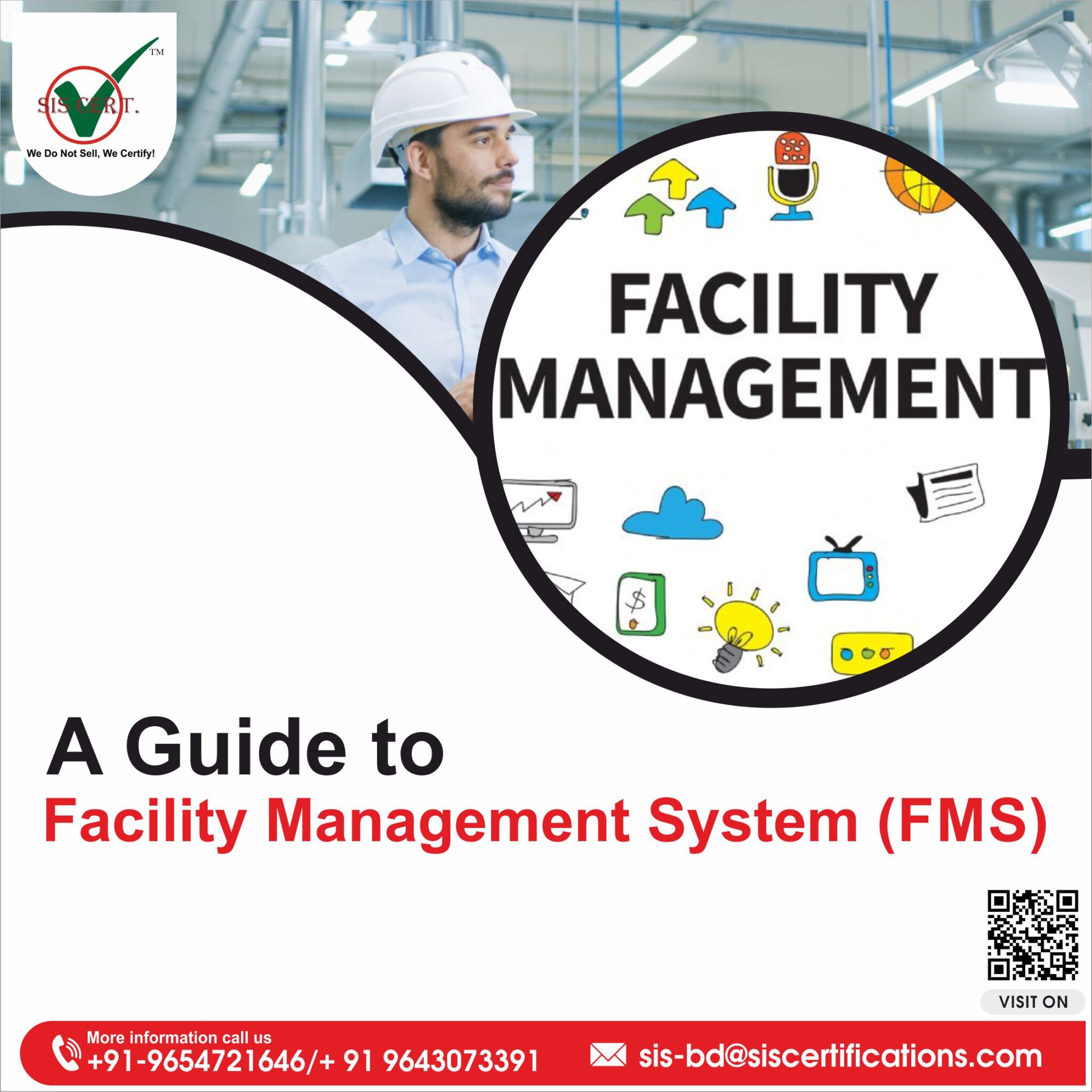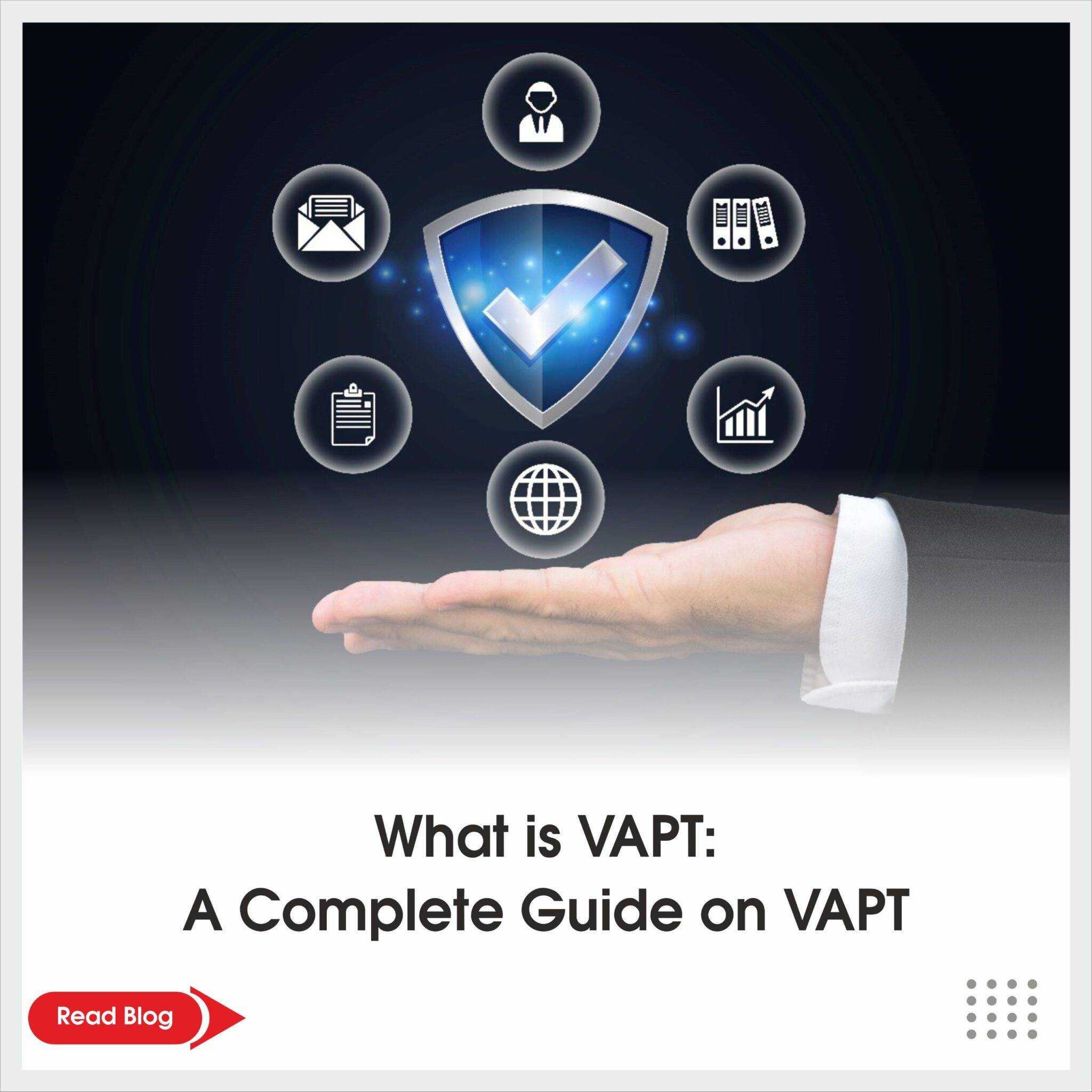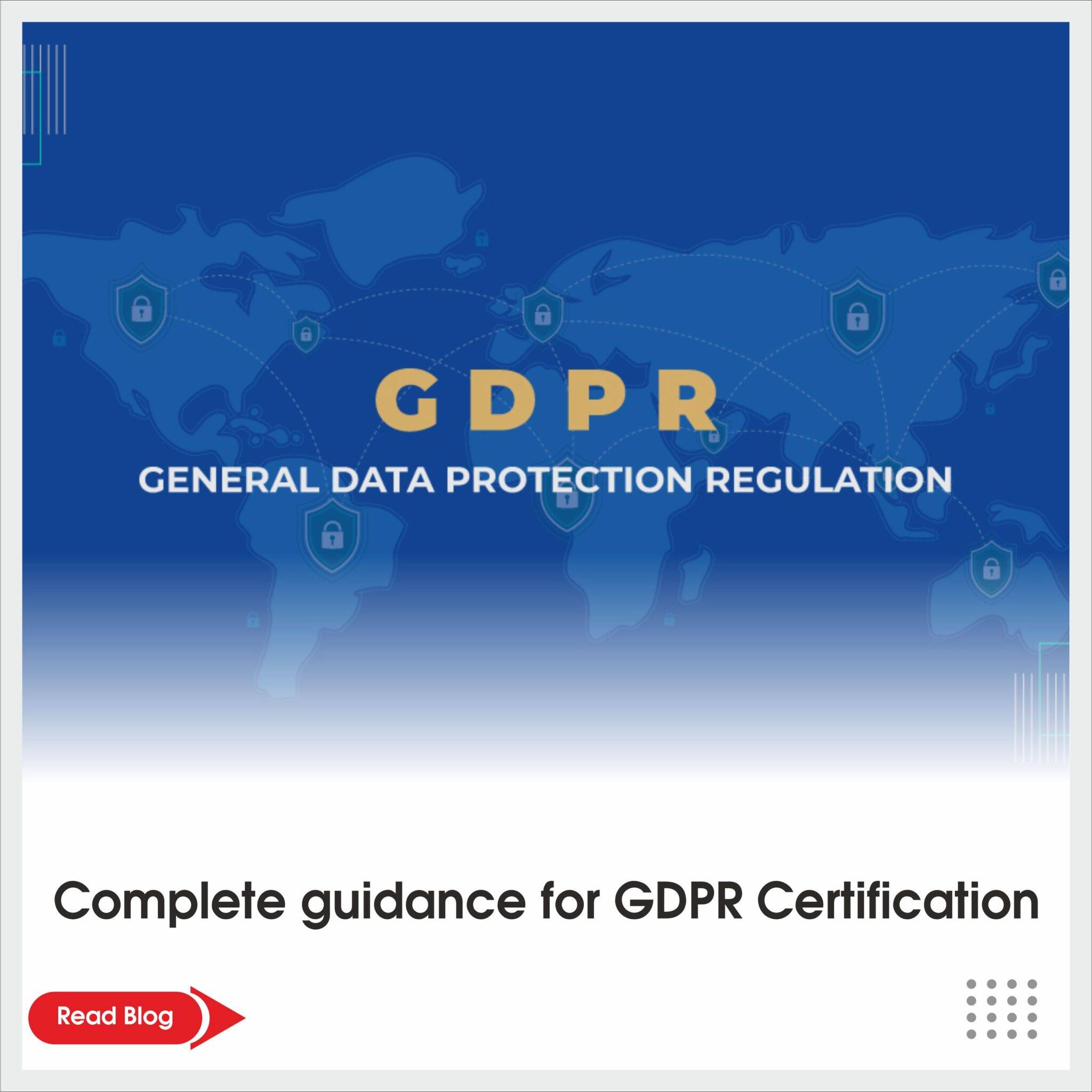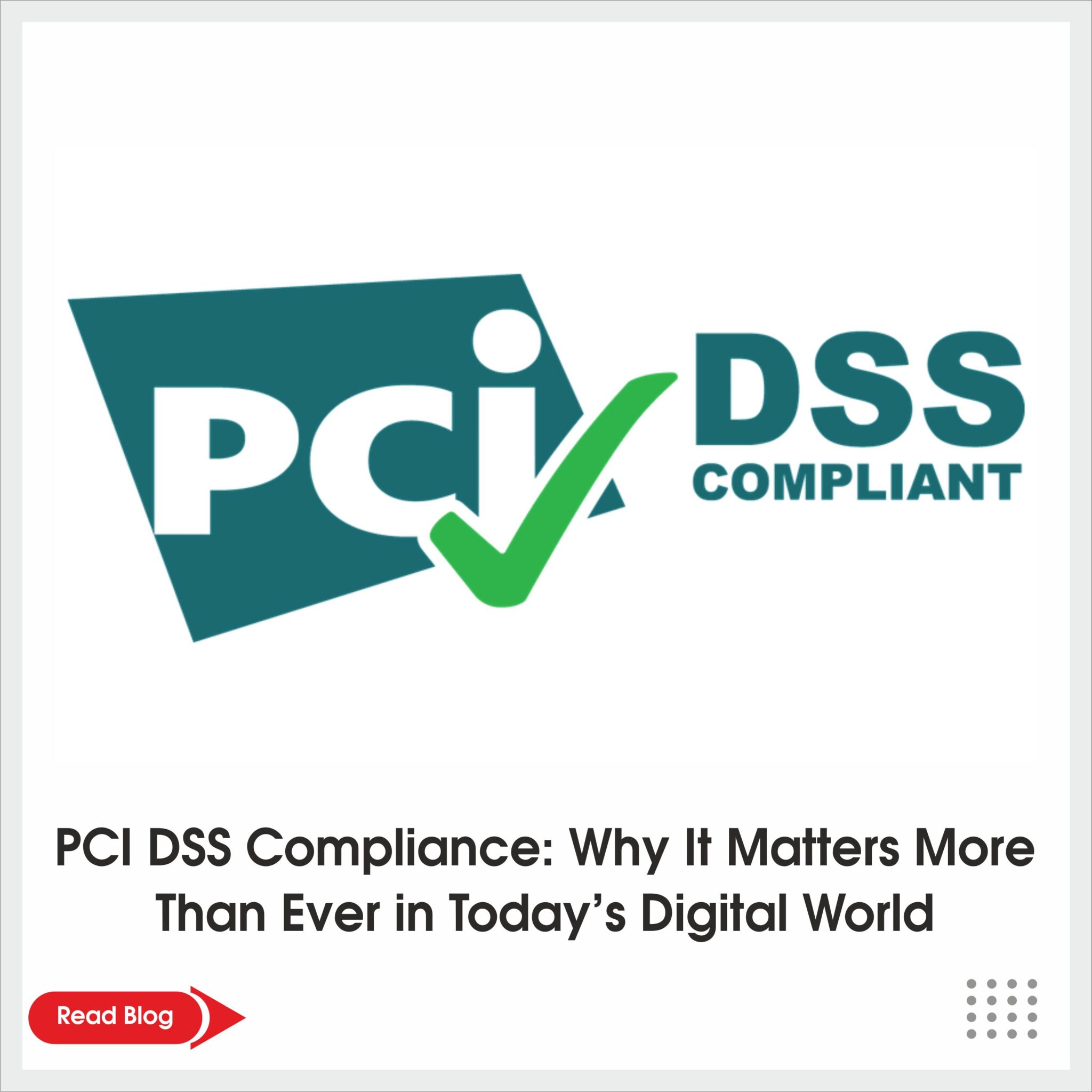“If you want to have a profitable business, you need to have an efficient business.”
A business earning good profit is considered a successful business organization. But earning profits shows an organization’s standard, not its priority. A business organization’s main aim is to provide customers facility and make their life comfortable and easy.
The effectiveness and efficiency of an organization are measured by its ability to provide disruptive services to its customers. No organization can predict the unpredictable, but we always have a choice to prepare ourselves beforehand.
The International Organization for Standardization (ISO) has developed ISO 41001 Certification to ensure that a business remains operating and provides a safe and productive environment to its employees.
Facility Management System
ISO 41001 Certification outlines the requirements for Facility Management System (FMS) standard. It provides a framework for organizations to integrate multiple business processes and activities into a single structure to increase production and productivity.
It encompasses a broad range of activities and affects organizations, communities, societies, and economies. ISO 41001 Certification provides tools and techniques for an organization to make the entire supply chain more efficient.
It follows the Annex SL structure and helps organizations to cultivate, implement, and maintain an effective facility management system globally.
Which Organizations Can go for ISO 41001 Certification? ⮯
ISO 41001 certification is a generic standard, and any organization can apply for ISO 41001 certificate, regardless of its size, nature, and location. Implementing ISO 41001 standards within the organization improves an organization’s facility management performance.
A list of organizations that can apply for ISO 41001 certification :-
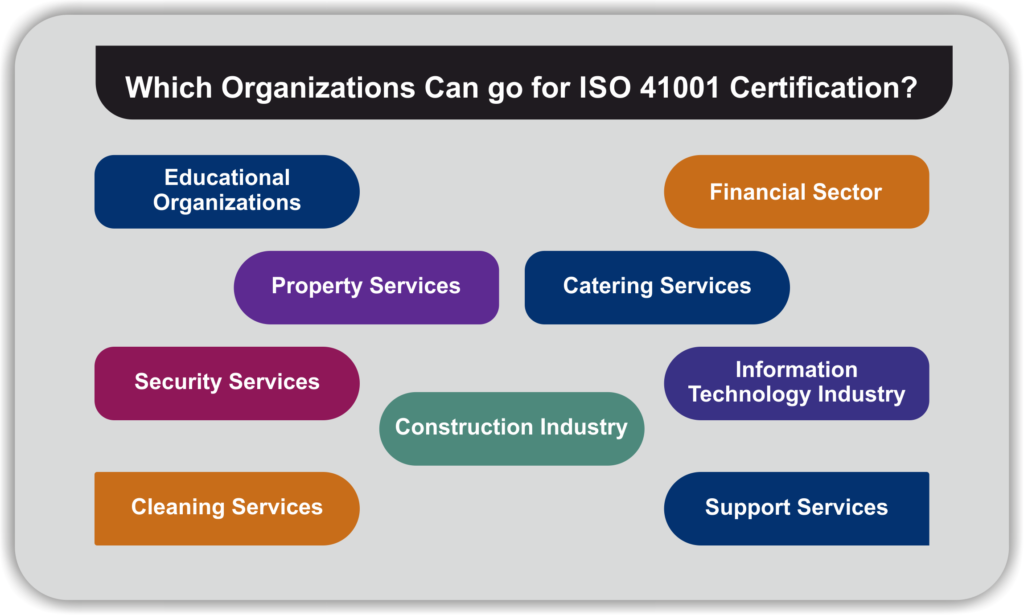
How ISO 41001 Certification is Beneficial for Organizations?
ISO 41001 certification offers the following benefits to an organization :-
- ISO 41001 certification shows that an organization fulfils all the legal and regulatory requirements to establish an effective facility management system. It exhibits an organization’s compliance with all national and international laws, regulations, and standards. It helps organizations to avoid regulatory fines and penalties.
- ISO 41001-certified organizations achieve a competitive edge in the market. A facility management system standard demonstrates an organization’s ability to implement international best practices within the management system.
- It enhances an organization’s market image and boosts the confidence of customers and other stakeholders in your brand. ISO 41001 certificate helps organizations win new businesses, clients, and customers.
- Organizations that are ISO 41001- certified use ISO 41001 certificate as a marketing tool to improve their profitability. It increases an organization’s turnover and expands its customer base.
- ISO 41001 standards follow a risk-based approach to identify potential risks and opportunities that might impact business operations and activities. It implements appropriate tools and controls to address them accordingly.
- It is a cost-effective standard that helps organizations save money that they spend on paying premiums and compensation.
- ISO 41001 standards aim to provide a better experience to employees. It focuses on establishing more supportive, sustainable, and productive workplaces.
The process to get an ISO 41001 Certification ⮯
- Conducting gap analysis – An organization must conduct a gap analysis to check and measure the effectiveness and efficiency of the facility management system. It helps organizations identify the gaps between the existing facility management system and ISO 41001 certification standards.
- Creating awareness and providing training – It requires an organization to provide necessary training and create awareness among employees and management. An organization must educate its employees and management on the importance of ISO 14001 certification.
- Maintaining documentation and records – It requires an organization to provide guidance regarding documentation and implementation of ISO 41001 Certification.
- Conducting risk assessment – An organization shall conduct a risk assessment to identify potential risks that might cause unintended outcomes. It provides appropriate tools and controls for organizations to address them accordingly.
- Performing internal audit – An internal audit prepares an organization for the external audit.
- External Audit – Conduction of an external audit by the certification body.
- Feedback – The certification body shares the feedback and closure of observation with the organization.
- Certification – Issuance of an ISO 41001 Certification.
- Surveillance Audit – An organization must Conduct periodic surveillance audits to measure ISO 41001 certification compliance.
Conclusion ✅
ISO 41001 is a Facility Management System (FMS) standard. It integrates various business activities and processes to improve production and productivity.
ISO 41001 Certifications covers a broad range of activities improves the reputation of an organization and helps in winning new business, clients, and customers. It is a generic standard and any organization can organization apply for ISO 41001 certification as it enhance the profitability and marketability of an organization.

